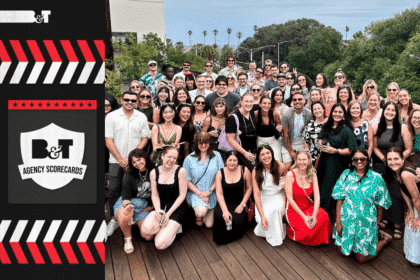The British competition regulator is set to conduct a study into the digital advertising market, in order to determine the effect Facebook and Google are having on journalism.
The statement from digital, culture, media and sport secretary Jeremy Wright, comes in the wake of the Cairncross Review, which explored possibilities for a sustainable future for journalism.
In his speech, given to the house of commons, Wright noted that: “There are now around 6,000 fewer journalists than there roughly a decade ago.
“Print circulation of daily national papers fell from 11.5 million in 2008 to 5.8 million in 2018.
“And in this same time period, circulation for local newspapers has halved”.
Wright then took focus on the online realm, saying: “The main driver is a rapid change in how we consume content. The majority of people now read news online, including ninety-one percent of 18 to 24 years olds.
“And as this shift takes place, publishers have struggled to find ways to create sustainable business models in the digital age.
“As the Review sets out, between them, Google and Facebook capture the largest share of online advertising revenue and are an increasingly important channel for the distribution of news content online.
“They also hold an array of data on their users that news publishers cannot possibly hope to replicate, which further strengthens their position in the digital advertising market.
“This combination of market conditions threatens to undermine the future financial sustainability of journalism. Even publications that have only ever been online are struggling.
“And this should concern us all”.
The review focuses immediately on online advertising, which Wright describes as “largely opaque and extremely complex”, and whether the revenue shares received by news publishers are fair.
Wright’s department will conduct a review on how online advertising is regulated, and also urges that the Cairncross Review be treated as additional evidence in the inquiry into digital competition in the UK.
Wright makes reference to the practices of the BBC, saying: “The Review also questions whether the BBC is straying too far into the provision of ‘softer’ news content, traditionally the preserve of commercial publishers, and suggests this might benefit from the scrutiny of Ofcom”.
Longterm, Wright’s review seeks to establish an institute for public interest news in order to promote investigative and local journalism, in addition to generating additional finance for the sector.
This review follows the ACCC’s proposal for Facebook and Google to show more transparency with their search algorithms, a move that Google vice-president Pandu Nayak warned: “we’re going to hurt the very people we’re trying to help because of the spam and other malicious activity”.








